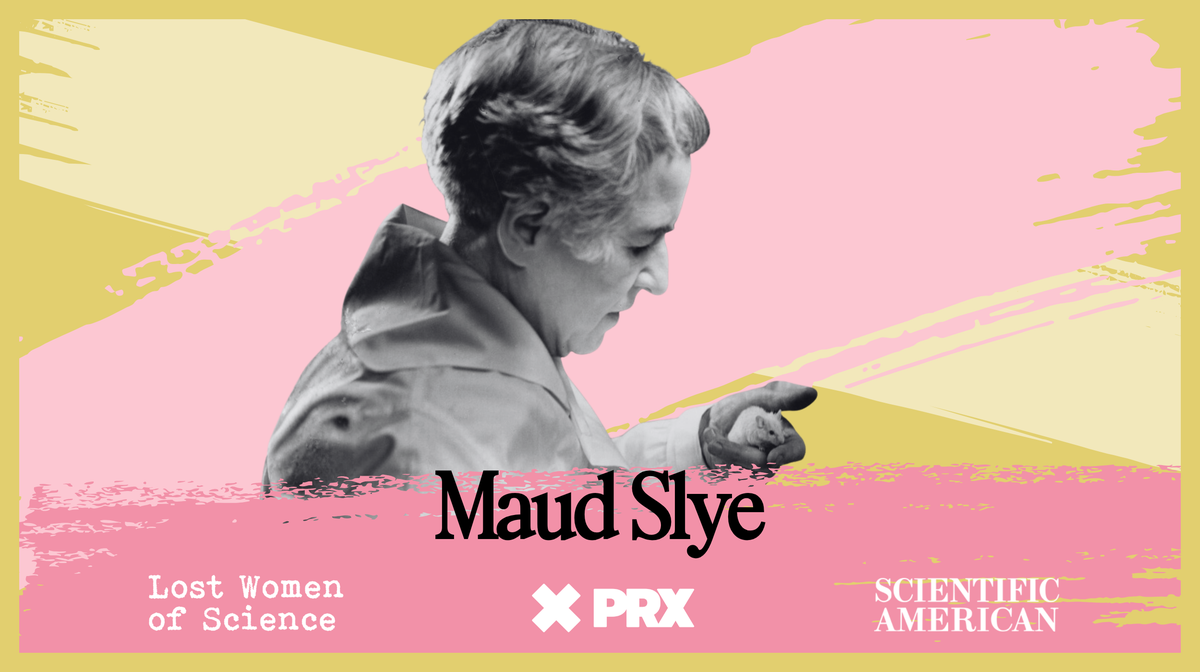
"In the 1910s, a relatively unknown cancer researcher named Maud Slye announced the first results of a study with the loftiest ambitions: to identify what causes cancer. To answer that question, the University of Chicago pathologist had bred tens of thousands of mice, enough to fill a three-story building. She carefully documented their ancestry and their morbidities and performed autopsies."
"Sometimes they're women who discovered something important about our world, and the woman that I'm gonna tell you about, she does fall into that category in some really important ways. But I wanted to also give you a heads up that as I started digging into her archives, I realized she got some things very wrong in cases where she really should have known betterin my viewand she just refused to back down."
In the 1910s Maud Slye bred tens of thousands of mice at the University of Chicago to investigate cancer causes. She maintained detailed records of ancestry and morbidities and performed systematic autopsies. She concluded that vulnerability to cancer was hereditary and believed that genetic elimination could reduce cancer incidence. Her experimental design and interpretations contained crucial errors, and she resisted revising her conclusions in light of criticism. Her steadfastness generated professional opposition and personal enmities. The research exemplified early large-scale laboratory breeding studies and the complex interplay of data, interpretation, and scientific rivalry.
Read at www.scientificamerican.com
Unable to calculate read time
Collection
[
|
...
]